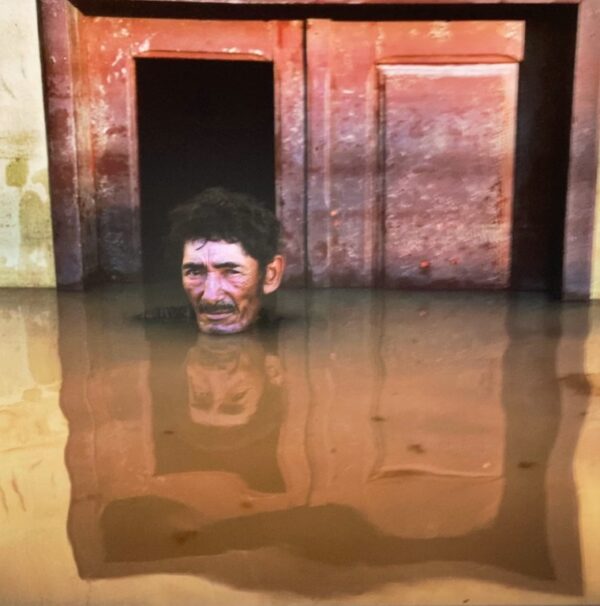Download
DOI: 10.5281/zenodo.7406555
Marie Goupy
Institut Catholique de Paris, LLCP-Université Paris 8
(m.goupy@icp.fr)
Gideon Mendel. João Peira de Argúia, Taquari District, Rio Branco, Brazil, March 2015
The Meaning of Emergency Economic Powers in Eric Posner and Adrian Vermeule’s Theory: Temporality of Law and End of History
Abstract: This paper aims to question the transformation of the legal concept of crisis, through that of emergency powers, notably linked with their extension to new fields of application, in particular, to economy. To do so, it proposes to expose the analysis of two American jurists, Eric A. Posner and Adrian Vermeule, who developed a reflection about emergency powers, after the great economic crisis of 2008. These proponents of the Economic analysis of law set up emergency powers at the heart of a history of liberal law and institutional order, that had to adapt to the accelerated temporality of the capitalist economy. I will attempt to show that crisis and emergency temporality allow jurists to submit all the normative production to a presentist normativity, that realizes the heteronomy of law and economics, as the accomplishment of a strange “end of history”.
Keywords: Eric A. Posner; Adrian Vermeule; Carl Schmitt; Emergency Power; Temporality Crisis.

